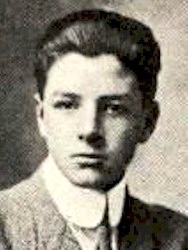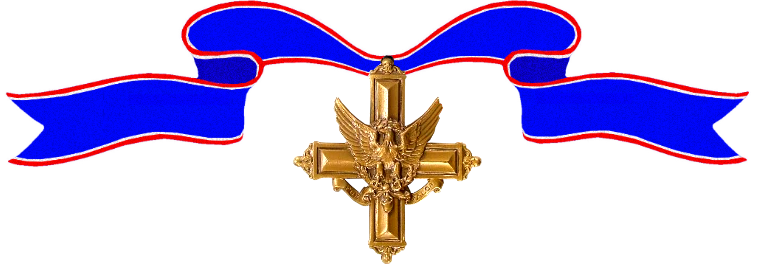Paul Smart earned law degrees from both Harvard and Oxford, and while at Harvard he competed in the 1912 Olympic Trials as a pole vaulter. After the war and a brief law career, he served as president of the Newspaper Institute. As a yachtsman, he won five world championships and a gold medal at the 1948 Olympics crewing for his son.. He was an alternate crew member for the Star class at the 1952 Olympics, and at the 1968 and 1972 Games he was the manager of the U.S. yachting team. In 1969, he was given the Nathaniel G. Herreshoff Trophy for his contributions to the sport of sailing.

–
Cemetery:
Awards Received
-

Distinguished Service Cross
-
Distinguished Service Cross
Service:
United States ArmyRank:
Second Lieutenant (Field Artillery)Regiment:
101st Field Artillery RegimentDivision:
26th Division, American Expeditionary ForcesAction Date:
September 26, 1918
War Department, General Orders No. 13 (1923)The President of the United States of America, authorized by Act of Congress, July 9, 1918, takes pleasure in presenting the Distinguished Service Cross to Second Lieutenant (Field Artillery) Paul Hurlbert Smart, United States Army, for extraordinary heroism in action while serving with 101st Field Artillery, 26th Division, American Expeditionary Forces, during the attack on Marcheville-en-Woevre, France, 26 September 1918. Lieutenant Smart volunteered to run back with a message to the rear through a dense enemy concentration of high-explosive shell and gas, after all of the Infantry and Artillery runners had been either killed or wounded in attempting this same mission. Lieutenant Smart was acting as Artillery liaison officer with the attacking units of the 102d Infantry. When the Infantry still met enemy resistance at Marcheville and all communications to the rear had been cut by the heavy enemy barrage laid down in rear of the attacking force, Lieutenant Smart, at the risk of his own life, ran through the barrage to a forward telephone station, communicated the situation to the Artillery commander and then ran back through the same barrage and rejoined and remained with the Infantry commander.

